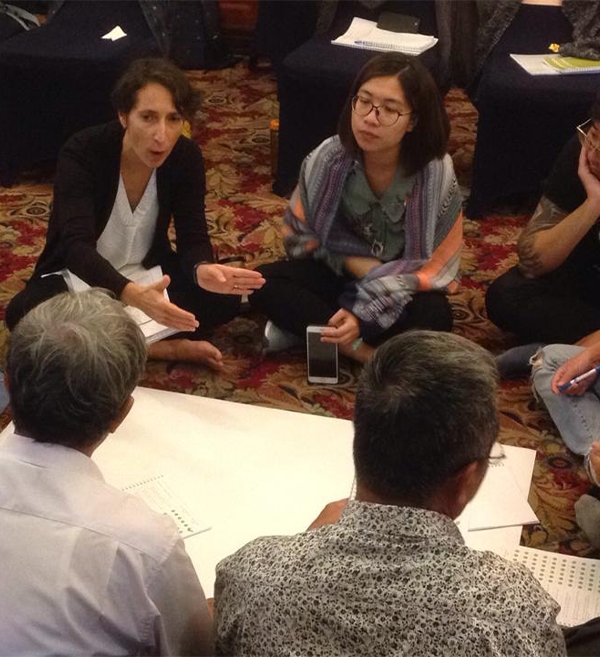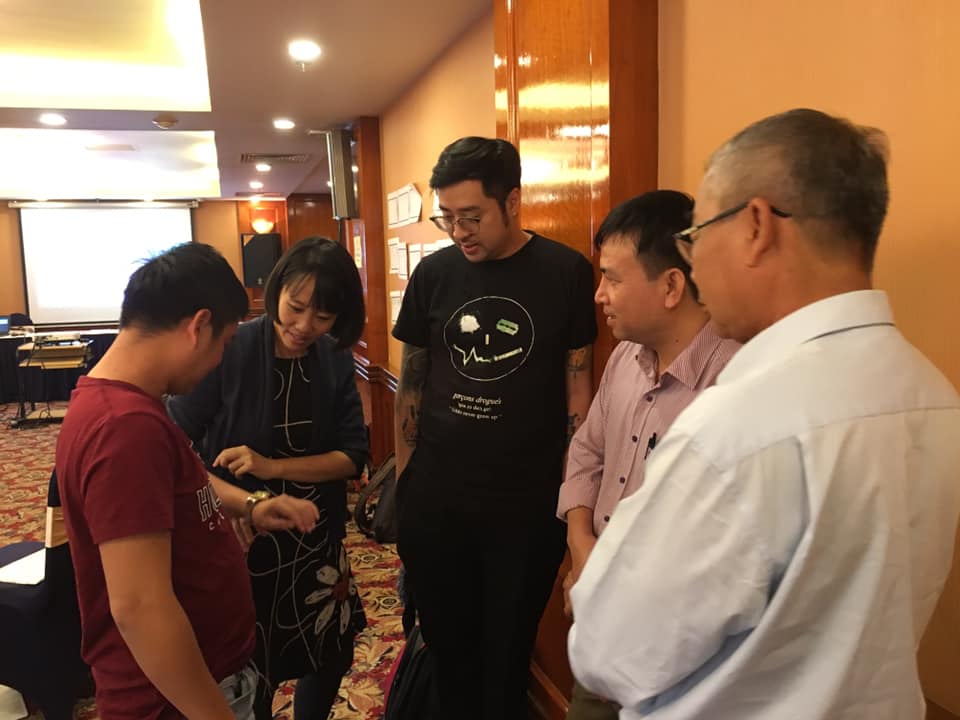Hanoi November 12-14, Fresh Studio/Fresh Academy conducted a three-day Training of Trainers (TOT) on Inclusive business for agricultural value chains for Rikolto staff in Vietnam and their projects partners including farmer cooperative leaders and local authorities in Rikolto’s rice and vegetable value chain projects. A diverse group of 15 participants came from Ha Noi, Ha Nam, Vinh Phuc, Dong Thap and An Giang.

The TOT is tailored designed based on the client’s needs and combined of theoretical and practical modules to enrich participants’ knowledge and skills that can be applied directly to their current projects. In the theoretical part, participants were exposed to concepts of supply chain management, business model canvas, inclusive business assessments, inclusive model development, impact planning and partnership brokering. In addition, for practice, group field visits were organized to different retail channels such as wet markets and supermarkets. Participants were able to see how the 4Ps of products marketing in reality, where values were added, and gathered lesson learned for their own specific projects. Information gathered from these visits were reflected in group exercises in which participants applied various toolkits to identify action plans for improvement of their value chains.










